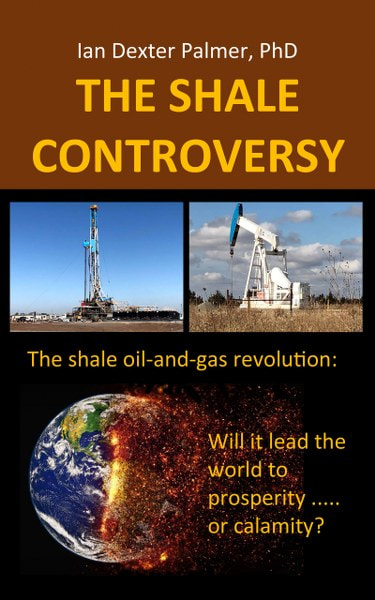Book Title: The Future of Buildings, Transportation, and Power by Roger Duncan and Michael E. Webber
Genre: Non-fiction Futurism
Publisher: DW Books
Release date: July 2020
Content Rating: G. No erotic or bad language
Many of our posts contain affiliate links.
Should you purchase an item via our links--we may receive slight compensation from an
affiliate partner.
About the Book
The evolution of buildings, transportation and power will determine how our future looks and feels, and in the book Roger Duncan and Michael E. Webber argue the Energy Efficiency Megatrend will shape our future technology. Buildings and vehicles will evolve into sentient-appearing machines such that we will be living, working and moving about inside robots. Buildings may develop personalities and the transportation system will have any manner of vehicle available at a moment's notice. This complex, interconnected system will be powered by the clean and efficient conversion of fuels and energy flows that surround us.
My Review
The Future of Buildings, Transportation and Power is Intelligently Written Yet Easy to Understand. The authors have obviously drawn from experience and put in a great deal of research in creating this book. The book is well organized, flows well from chapter to chapter, and offers massive amounts of facts, figures, and details that they draw from to create their predictions of our energy future. While the book provides a lot of technical information for average readers, it does so in an easy-to-read, easy-to-understand manner that is almost conversational at times.
Reality Meets Science Fiction in this Book. If you enjoy science fiction with an edge of fact--this book should both appeal to your fiction-reading interests--and frighten you as some of the realities of the energy concepts evolve for you. The authors introduce ideas that we have all heard, especially in recent years, and present some thoughts and perspectives that may be new to many readers.
Would I Recommend The Future of Buildings, Transportation and Power? Whether you are simply interested in the many moving parts and the technical aspects and future potentials (and pitfalls) of our structural, energy and transportation worlds--or have a desire to understand and do your part in curbing environmental impacts--this book has something for you as a reader and learner. The authors present a lot of heavy information in an easy to read style--and offer several insights worth considering. It was eye-opening at times without creating a feeling of doom and gloom. I would definitely recommend it to readers interested in energy and climate change.
Buy the Book
Roger Duncan is a former Austin, Texas City Council member and the former General Manager of Austin Energy, the municipal electric utility. He is also a former Research Fellow at the Energy Institute at the University of Texas.
Michael E. Webber is the Josey Centennial Professor of Mechanical Engineering at the University of Texas, and Chief Science and Technology Officer at ENGIE, a multi-national energy services and infrastructure company.
connect with the authors: website
Enter the Giveaway













